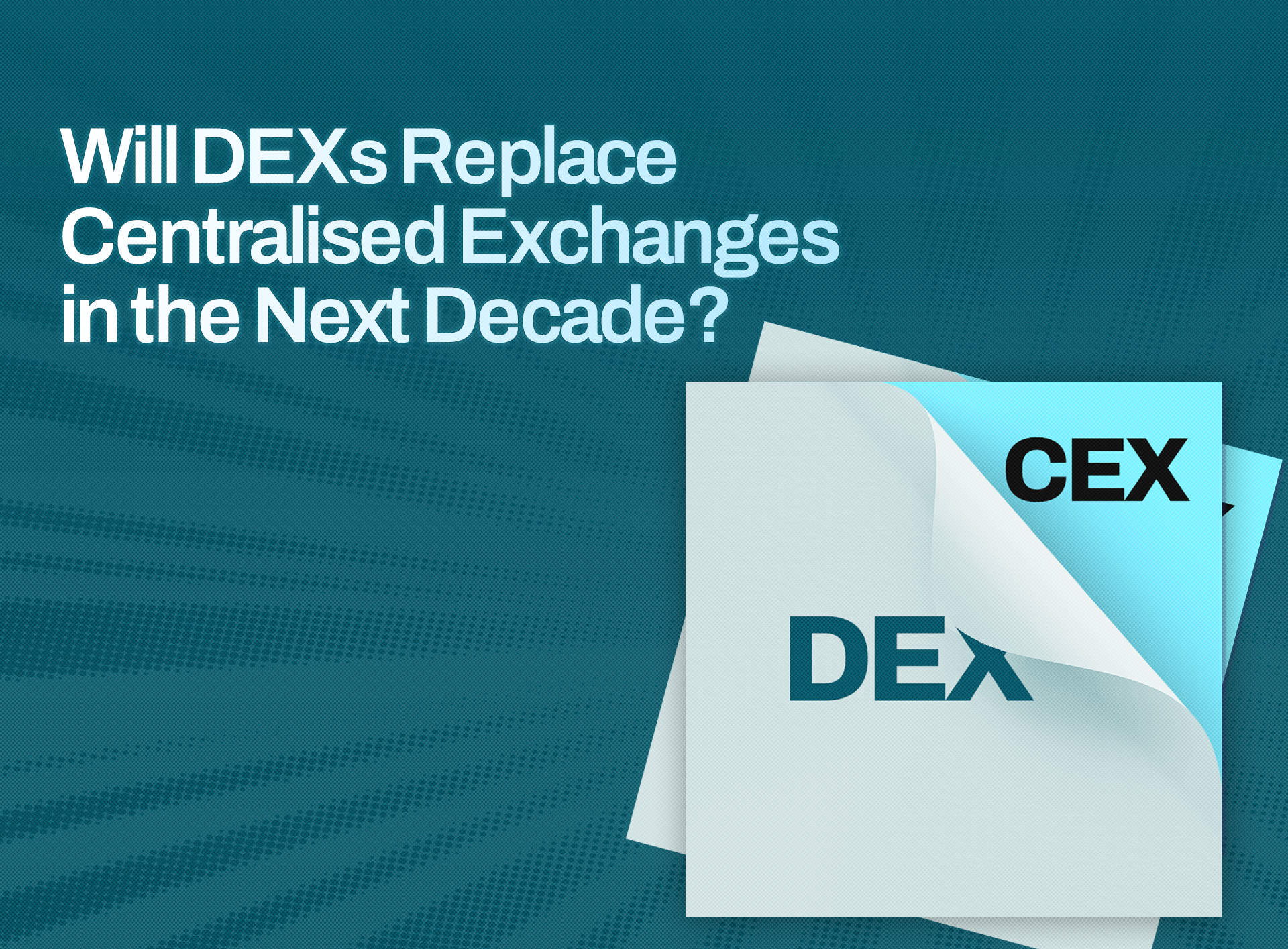Cryptocurrencies and the opportunities and challenges of trading and investment in this new economy have changed the financial world.
At the same time, governments around the globe are rushing to regulate this digital frontier and the effect of the regulations on the activities that are proliferating in the crypto world.
Given that the regulatory framework surrounding the crypto trading and investment market is changing, or could at any time, investors and traders must know what this means.
Cryptocurrency Regulatory Landscape
Cryptocurrency is wildly different at the international level. While some countries embrace these digital assets, others keep an eye on them or ban them outright.
There are many reasons why the government should regulate cryptocurrency, the main reasons are to protect consumers, prevent illicit activities, and maintain financial stability.
- Compliance Requirements
Know Your Customer (KYC), and Anti-Money Laundering (AML) are often the major requirements that crypto platforms are forced to follow by regulatory bodies. These measures, however, add a layer of bureaucracy; in so doing, they are also used to curb fraudulent activities.
As an example, platforms that force these regulations would oblige their traders to be subjected to strenuous identity verification. This may feel intrusive but it helps a great deal to secure the market.
- Taxation and Reporting
Taxation is one of the most common regulatory methods for crypto assets. In some of the countries, profits from trading in cryptocurrency are taxed as capital gains and cognizant traders and investors must report it.
Failure to meet up with taxation regulations can result in incurring penalties and possibly prosecutions. The fact that crypto is so volatile means that tax reporting is still complicated and the crypto taxation regulations are still not very clear-cut.
- Market Integrity and Fraud Prevention
One of the aims of crypto regulation is to build a fair market environment to stop fraudulent activities. By forcing platforms to remain transparent, these regulations are trying to protect investors and stabilize markets, but at the same time, they might kill the freewheeling market that attracted numerous to crypto in the first place.
- Security and Consumer Protection
Cryptocurrencies are extremely vulnerable to hacking and cyber threats. Security and consumer protection involves protecting consumers by requiring custodial insurance for crypto exchanges and storing sensitive data.
However, with the increasing security protocols, the exchange’s operational costs also grow, to the point where users may be required to pay higher fees.
Impacts on Crypto Trading
- Increased Transaction Costs
The operational costs of compliance with regulatory standards are borne by crypto exchanges. Covering these costs is one of the reasons that many platforms do this, which directly affects traders and investors.
Enhanced transaction costs are less appealing for people who do a lot of deal trading because it becomes more costly. For example, exchanges that implement KYC and AML protocols will have to pay more for it and charge the users more.
- Limited Access to Some Assets
A primary goal of crypto regulation is to establish fair market practices and prevent fraudulent activities. Regulatory bodies like the U.S. Securities and Exchange Commission (SEC) actively monitor for cases of market manipulation and fraud. By requiring platforms to maintain transparency, these regulations aim to protect investors and stabilize markets, although they may restrict the freewheeling environment that initially attracted many to crypto.
- Greater Market Stability
At first, this may sound paradoxical, but crypto regulations really can help to boost the market by greatly reducing the risk of fraud and speculation. The more exchanges follow the regulatory standards, the more trustworthy the environment grows and the more investors with institutional experience come into the crypto space.
Sometimes the reason why regulations have been set is to slow down volatility, for example by decreasing volatility gradually, thus making the trading environment more predictable.
- The Rise of Decentralized Exchanges (DEXs)
Increased regulations have made Decentralized Exchanges (DEXs) popular. The DEXs are decentralized, meaning there is no central authority that needs to follow standard regulatory requirements when trading by traders or investors between themselves.
- Impact on ICOs
Initial Coin Offerings (ICOs) have become more regulated as a popular means to fund crypto projects. The regulations have slowed down the ICO market and new models such as Security Token Offering (STOs) and Initial exchanges Offering (IEOs) are developing in accordance with stricter compliance and to protect investors.
- Investor Confidence and Market Maturity
After being popular with crypto projects to raise funds, Initial Coin Offerings (ICOs) have come under increased scrutiny. Many ICOs argue regulatory bodies operate like unregistered securities exchanges, and as such investors risk losing their money.
Crypto Regulations: Benefits and Drawbacks - Benefits of Regulation
- Consumer Protection
Safeguards are provided by the regulations, protecting individuals against fraud while exchanges must operate under greater levels of security.
- Market Stability
Increasing oversight makes markets less volatile, meaning price swings up and down will be less frequent, less extreme, and less likely to deter people from investing in cryptocurrency.
- Legitimacy and Credibility
A credible crypto market comes with the involvement of institutional investors which also boosts the market.
Drawbacks of Regulation
- Loss of Anonymity
One of the main attractiveness of cryptocurrencies is their privacy features. However, that often forces exchanges to check in on the user identities, making anonymity impossible.
- Increased Costs
Crypto trading becomes more expensive because of compliance costs that are often passed down to the end users of crypto trading.
- Reduced Freedom
By making regulations more stringent, they limit access to, and the scope of, crypto assets, and potentially diminish the vibrant, innovative potential of the crypto market.
Crypto Regulations: The Future
Like any regulations, crypto regulations are ever-changing. There remains a chance that in a few years, we will see global regulatory coordination to set a unified framework.
Some nations already have Central Bank Digital Currencies (CBDC) in the pipeline, such as China and the EU creating digital versions of their own.
There is a possibility that CBDCs may directly compete with the different types of Decentralized Assets (DDA) in the crypto market, taking away interest that would ordinarily flow to traditional cryptocurrencies.
Notably, as blockchain technology continues to grow, regulators will examine smart contracts and effective finance apps even more closely. If regulation stifles innovation, the benefits of a clear and secure market cannot be denied.
Additionally, crypto must be fostered in an environment of balance whereby an allowance is made both to ensure the integrity of the market and to allow for crypto as a currency for trading and investment.
Conclusion
The adoption of regulations in crypto trading and investment has an effect. Although regulation brings stability and trust to investors, on the one hand, it limits their activities by dint of creation of excessive borders which are contrary to the decentralized DNA of cryptocurrency.
For traders and investors wanting to play in this new sector, it’s important to understand the nuances of crypto regulation. In the ever-changing crypto landscape, remaining updated with regulatory changes will be imperative as the next opportunity arises.
Eventually, we will see much more transformation as governments and financial institutions interact more with the power of crypto. As with any industry that is into rapid development, keeping an eye on regulatory developments will be just as important to professionals in the space of blockchain and decentralized finance technology.
Frequently Asked Questions
- Why do we have cryptocurrencies to regulate in the first place?
Cryptocurrency regulations protect investors from dubious practices, such as money laundering, and keep the financial system in order. Governments impose compliance measures to ensure that people participating in cryptocurrency are protected and secured.
- How does regulation affect transaction fees on crypto exchanges?
Regulatory compliance raises the cost of exchange operational costs. Most of these expenses are covered by exchanges charging transaction fees and this directly adds to the cost of every transaction.
- What causes some countries to prohibit or restrict the trading of cryptocurrency?
Cryptocurrencies tend to be risky because of their potential use in illegal activity and their very volatile nature — other governments see them as risky. To avoid these risks and to save their national currency and economic stability, countries such as China have prohibited the trading of cryptocurrency.
- How does the regulation affect institutional investments in crypto?
The regulations set the framework so that institutional investors - like banks or hedge funds — could enter the crypto space. Clear regulatory guidelines provide the market with more trust as it becomes a safer place for institutions to put their money into digital assets.
- What is the need for KYC and AML requirements?
KYC (Know-Your-Customer) and AML (Anti-Money Laundering) are protocols to which exchanges seek to adhere to verify users' identities and track suspicious activities. These protocols help in preventing fraud and adhere to security and compliance as per international and local laws.
Disclaimer: This article was written to provide guidance and understanding. It is not an exhaustive article and should not be taken as financial advice. Obiex will not be held liable for your investment decisions.




